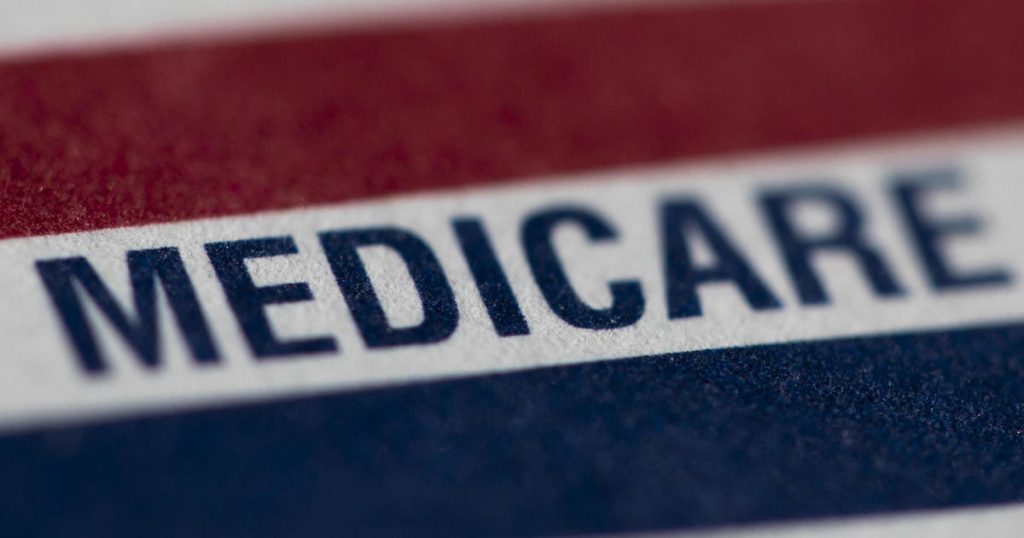On the campaign trail, both former President Donald Trump and Vice President Kamala Harris are emphasizing their dedication to protecting Medicare, the federal health insurance program for older Americans. However, the outcome of the presidential election could significantly impact the program, as more than half of Medicare beneficiaries are already enrolled in Medicare Advantage plans run by commercial insurers. If Trump is re-elected, this proportion is expected to grow even further, potentially privatizing the program. Project 2025, a conservative wish list, calls for making insurer-run plans the default enrollment option for Medicare, a move that critics argue could trap consumers in costlier health plans.
Critics of increasing insurers’ control of Medicare argue that it could lead to restrictions on care for beneficiaries, such as imposing burdensome prior authorization requirements for certain procedures. Robert Berenson, a former official in previous administrations, warns that traditional Medicare could suffer if private insurers take over a significant portion of the program. While the future of Medicare has not received much attention in the campaign so far, the different visions under Trump and Harris highlight the importance of protecting the program for millions of Americans who rely on it for health care coverage.
Medicare, which covers about 66 million people, is primarily funded through payroll taxes. Most Americans are automatically enrolled at age 65 in Medicare Part A and Part B for hospitalization and doctor visits, with the option to sign up for additional coverage, such as prescription drug plans and supplemental insurance. Medicare Advantage plans offer additional benefits and cap annual out-of-pocket costs, but they also restrict patients to networks of approved providers. In contrast, traditional Medicare is accepted by nearly every hospital and doctor, offering broader access to care for beneficiaries.
Both Trump and Harris have proposed enhancing Medicare, with Harris advocating for benefits such as vision and hearing care, as well as long-term in-home health care. Trump’s campaign has focused on expanding home care benefits and supporting unpaid family caregivers through tax credits. However, the issue of giving more control of Medicare to private insurers has received less attention, despite the potential implications for beneficiaries. A Trump administration and GOP Congress could be more favorable to further privatizing Medicare, according to some analysts.
The concept of private insurers running Medicare is not new, and the shift to Medicare Advantage plans has been ongoing since 2003. While the plans have been promoted as a way to contain costs and provide better care, some studies have shown that they ultimately cost the government and taxpayers more than traditional Medicare. Despite this, the popularity of Medicare Advantage plans has grown, with bipartisan support for their expansion. Concerns have been raised about beneficiaries being trapped in these plans and facing challenges if they want to switch back to traditional Medicare.
As the debate over the future of Medicare continues, the outcome of the presidential election will play a crucial role in determining the direction of the program. Both Trump and Harris have pledged to enhance Medicare, but they differ in their approach to private insurers’ involvement in the program. With millions of Americans depending on Medicare for their health care needs, the stakes are high in ensuring the program remains accessible and affordable for beneficiaries.


